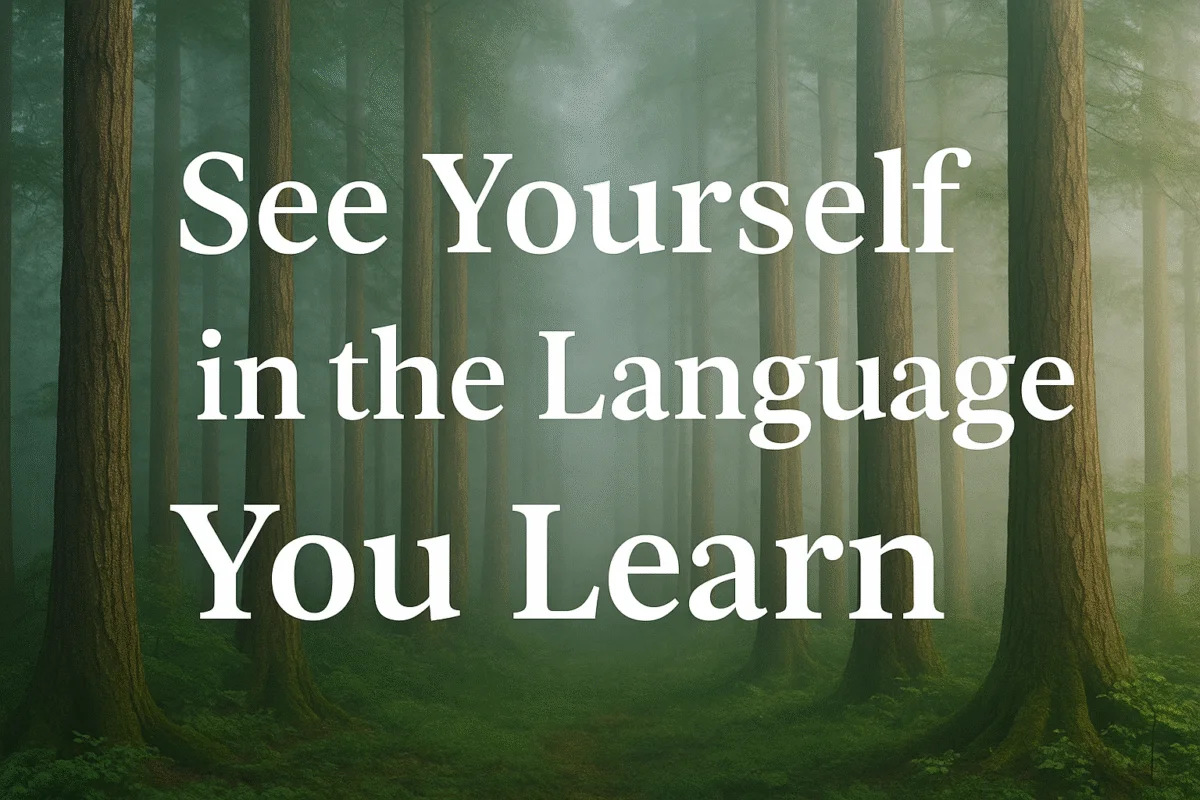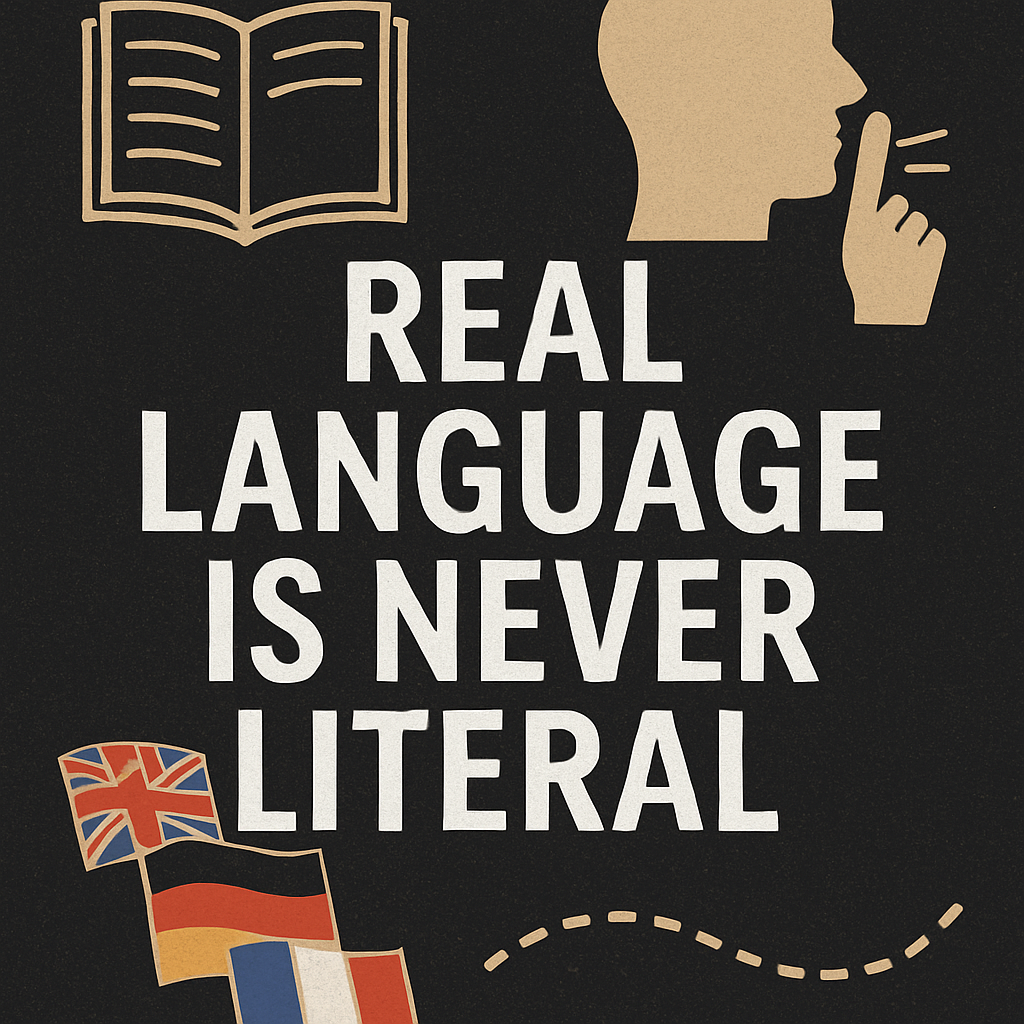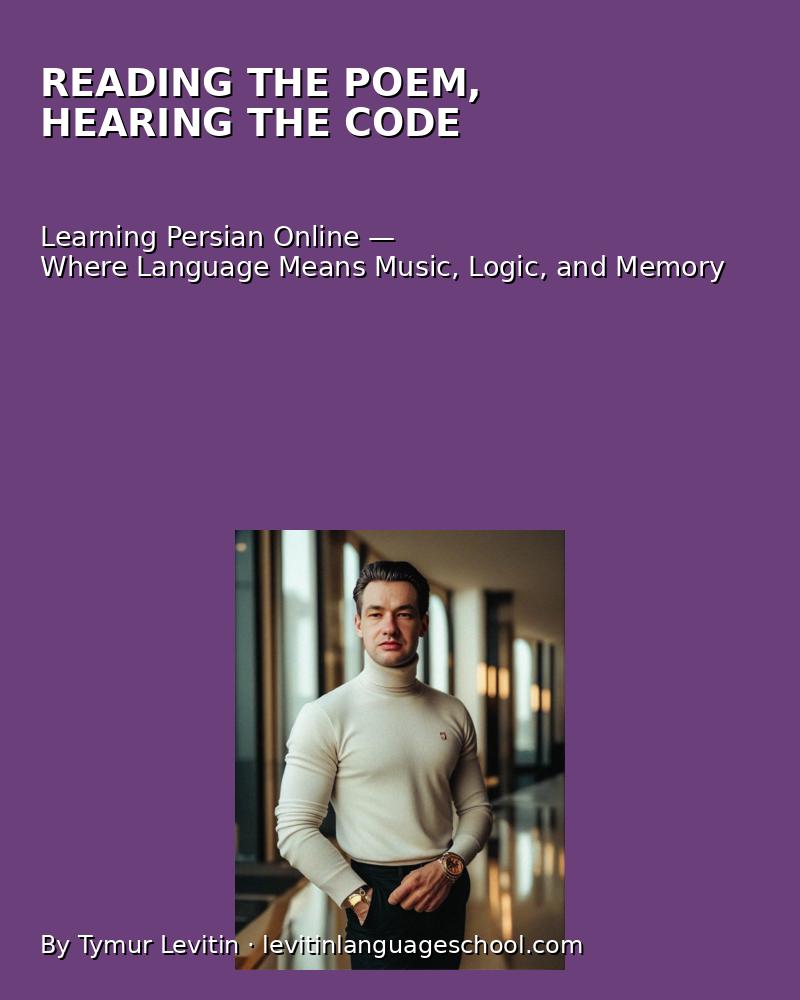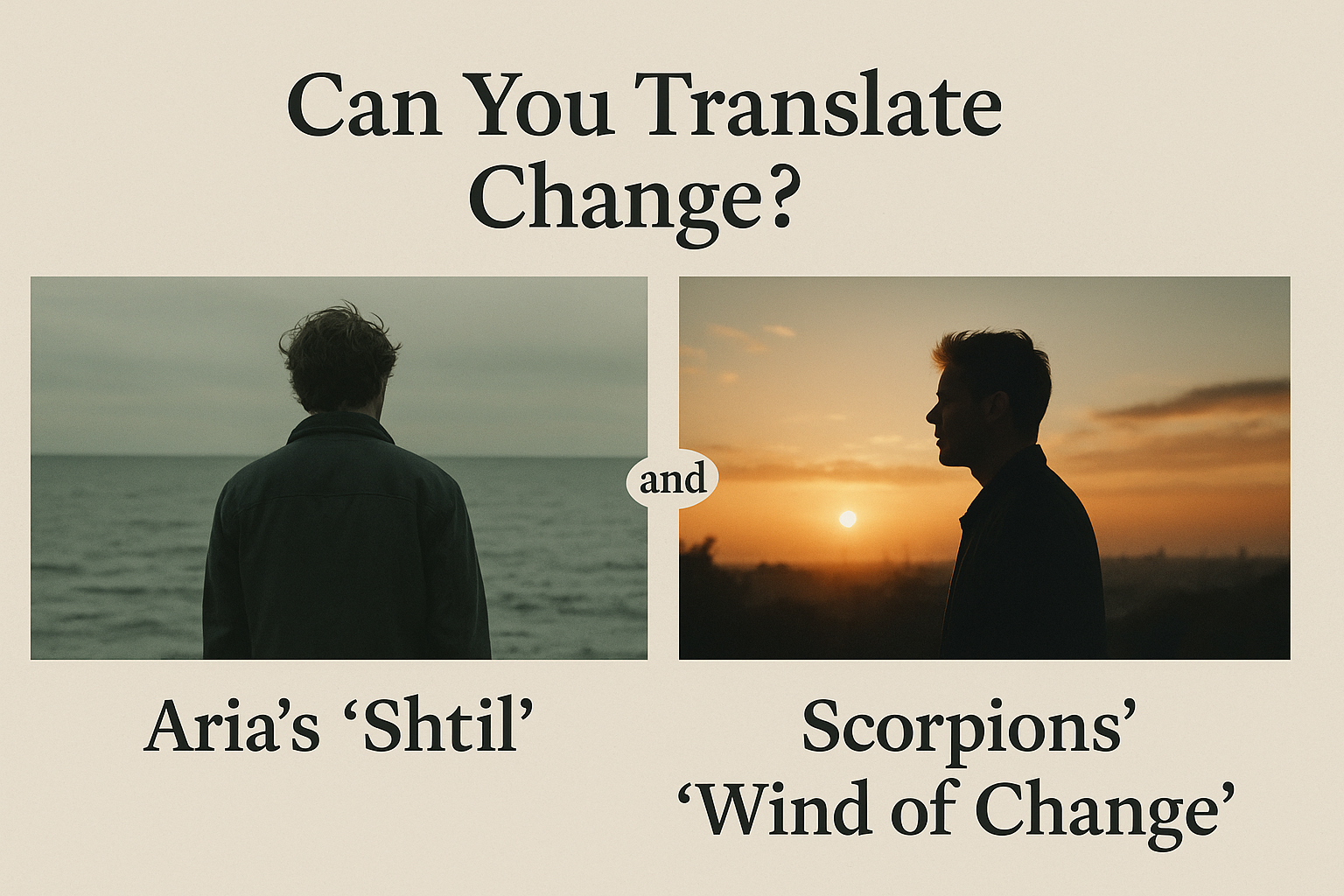When we begin learning a new language, most of us expect to memorize words, master grammar, and eventually hold a decent conversation. But anyone who has truly gone deep into learning a language knows: something more profound happens. A new language doesn’t just reveal how others speak — it shows how you think, feel, avoid, react, connect, or stay silent. Language is not just a skill. It is a mirror.
What Language Reflects
Learning a language reveals things about yourself that might otherwise remain hidden. For example:
- Do you speak in direct statements, or do you soften everything with polite indirection?
- Are you more comfortable describing things or expressing feelings?
- Can you say “no” with confidence — in any language?
These are not just linguistic abilities. They reflect your personality, emotional habits, upbringing, and even cultural beliefs. Language doesn’t create them — it exposes them.
“I want” vs. “I’d like to” — A Lesson in Self-Perception
Take a simple phrase like “I want…” In some cultures, this is direct and acceptable. In others, it’s considered rude or aggressive. Many students instinctively prefer “I would like to…” even when they do want something — not because the phrase is wrong, but because the speaker feels uncomfortable being assertive.
This isn’t a grammar issue. It’s a self-image issue.
When students hesitate to say “I am good at this” or “I feel proud,” we know we are not just teaching vocabulary — we’re working with someone’s identity.
The Grammar of the Self
Every sentence is more than structure. It’s a reflection. In language lessons, people discover they:
- Don’t know how to talk about emotions.
- Feel guilty making requests.
- Struggle with praising themselves.
- Overuse apologies — in every language.
These are not translation errors. These are human patterns. And when language shines a light on them, change becomes possible.
Language Is a Journey Into Yourself
When students realize that speaking another language is not just about communication — it’s about introspection, everything shifts.
Suddenly, the struggle to say something isn’t about words. It’s about permission — to be clear, to be seen, to take space.
This is why learning a language is never just intellectual. It’s personal. Transformational. It allows you to:
- Hear yourself in a new rhythm.
- Recognize what you avoid.
- Face your own truths.
Final Thought
If you approach language as a tool, you’ll learn to speak. But if you approach it as a mirror, you’ll learn to understand — not just the language, but yourself.
Author’s Column: Tymur Levitin — founder, director, and senior educator of Levitin Language School / Start Language School by Tymur Levitin
🔗 Insights from the International Blog: https://levitinlanguageschool.com/blog/
























